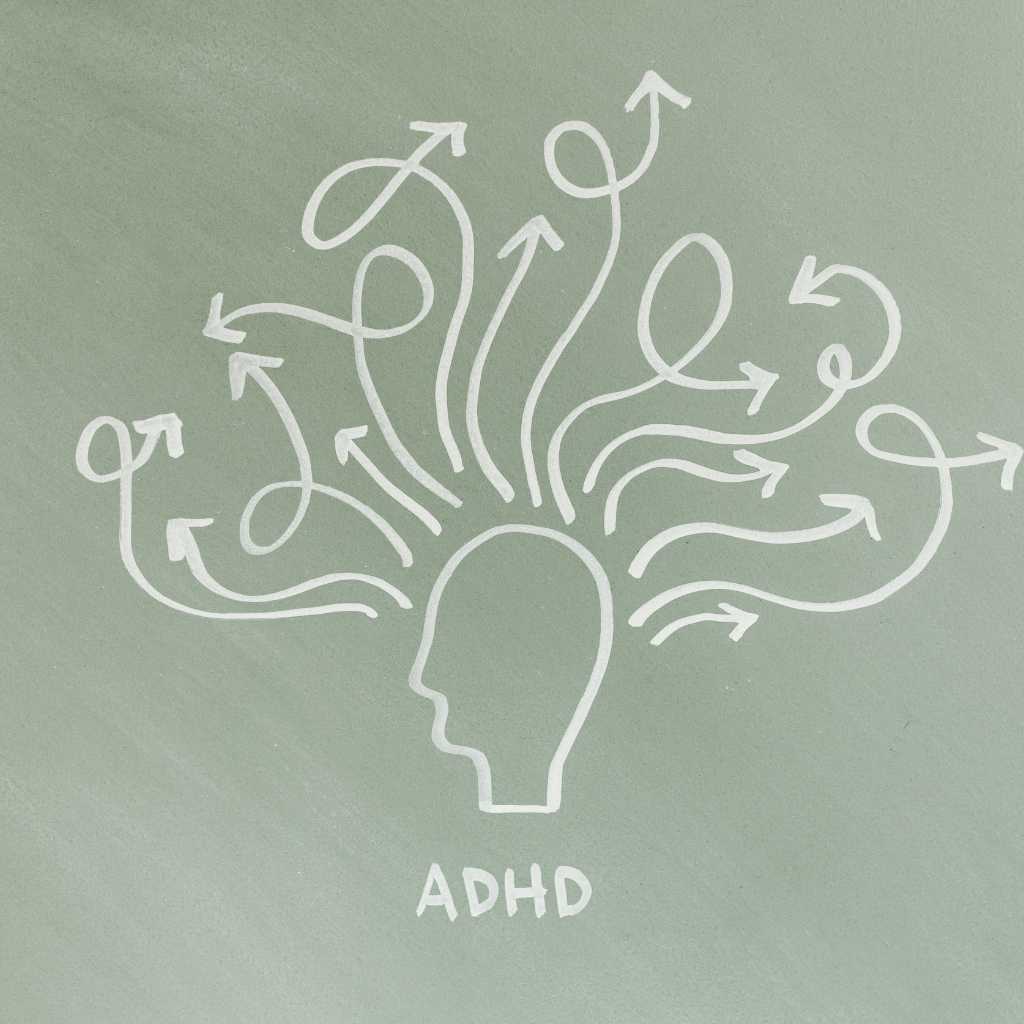What is RSD?
- Rejection Sensitive Dysphoria (RSD) is an intense emotional condition characterized by an excessive emotional response to perceived. Often associated with ADHD, RSD can significantly impact an individual’s social interactions, professional life, and educational experiences. The condition leads to feelings of extreme discomfort and emotional pain.
Can therapy help people with RSD?
- Yes, therapy can be a beneficial tool for managing the symptoms of RSD. Cognitive-behavioral therapy (CBT) is particularly effective as it helps individuals challenge and reframe negative thought patterns, developing healthier coping mechanisms in response to criticism or rejection. For those with ADHD, coaching and therapy tailored to their specific needs can further alleviate RSD symptoms. Additionally, medication may be recommended to address co-existing conditions, such as ADHD.
How can you explain RSD to others?
- Explaining RSD to others involves describing it as a condition where the individual experiences an unusually intense emotional reaction to rejection or criticism, far beyond what might be considered a typical response. It’s helpful to convey the personal impact of RSD and professional environments.
Is Rejection Sensitive Dysphoria only in ADHD
- RSD is not exclusive to individuals with ADHD, though it is commonly observed among this group due to their heightened emotional sensitivities. It can also occur in people with other neurodevelopmental disorders or those without any diagnosed conditions, indicating that RSD spans a broad spectrum . Understanding RSD within and beyond the ADHD context is essential for providing appropriate support and management strategies for those affected.




